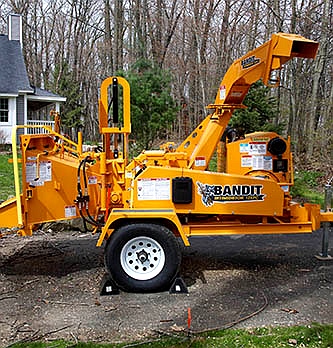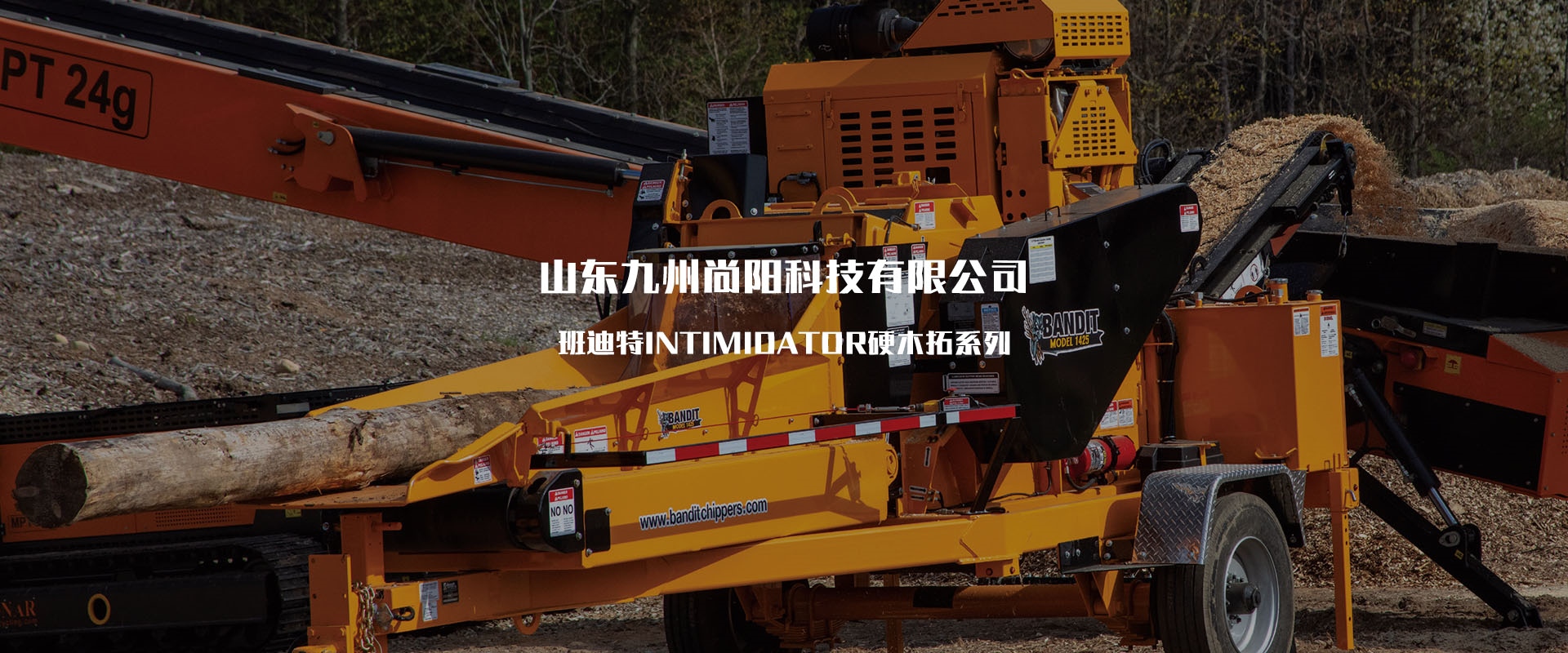With the rapid development of cities, the penetration rate of urban greening is getting higher and higher. The total amount of waste generated by plant communities every year is very huge. According to statistics from relevant departments, only the stable pruning of roadside greening is necessary every year. There are nearly 10,000 trucks required to transport branches and forks. If logistics costs are not included, the manpower and processing costs required to handle these branches alone will be nearly 300,000 yuan.
In order to reduce costs and the pressure on urban management departments, many large cities choose to purchase tree crushers to crush garden waste before transporting it. After being crushed by a tree crusher, the volume can be reduced by about 80%. Previously, 5 or even 6 trucks had to be loaded. After being crushed by the tree crusher, the tree can be easily pulled away in one vehicle, which saves a lot of logistics costs and also reduces fuel consumption and labor costs.
It is worth mentioning that garden waste and other waste can be turned into organic mulch after being crushed by a tree crusher. These organic mulches are widely used to cover roadside tree ponds, flower beds, and exposed areas under flower belts to beautify. It’s really turning waste into something, killing two birds with one stone! It can be an effective method to solve urban bare soil and avoid land dustification.
Organic mulch has various functions: organic mulch can maintain soil moisture content, prevent the moisture in the soil layer from being lost due to transpiration, and prevent the exposed soil layer from direct sunlight exposure, thereby saving water; organic mulch Mulch can effectively control the growth and spread of weeds in flower beds; adjust soil temperature, prevent cold and warmth, and reduce frost damage to overwintering seedlings; it can not only prevent soil compaction, maintain soil permeability, promote water absorption and penetration, and help In order to reduce soil erosion and improve soil texture, the decomposition of the covering layer can also gradually increase the soil moisture content in the soil and increase soil fertility; it can also effectively prevent the generation of dust and block dust from the exposed surface soil, preventing rainwater from splashing out the soil and damaging the plants. Dirty etc.


